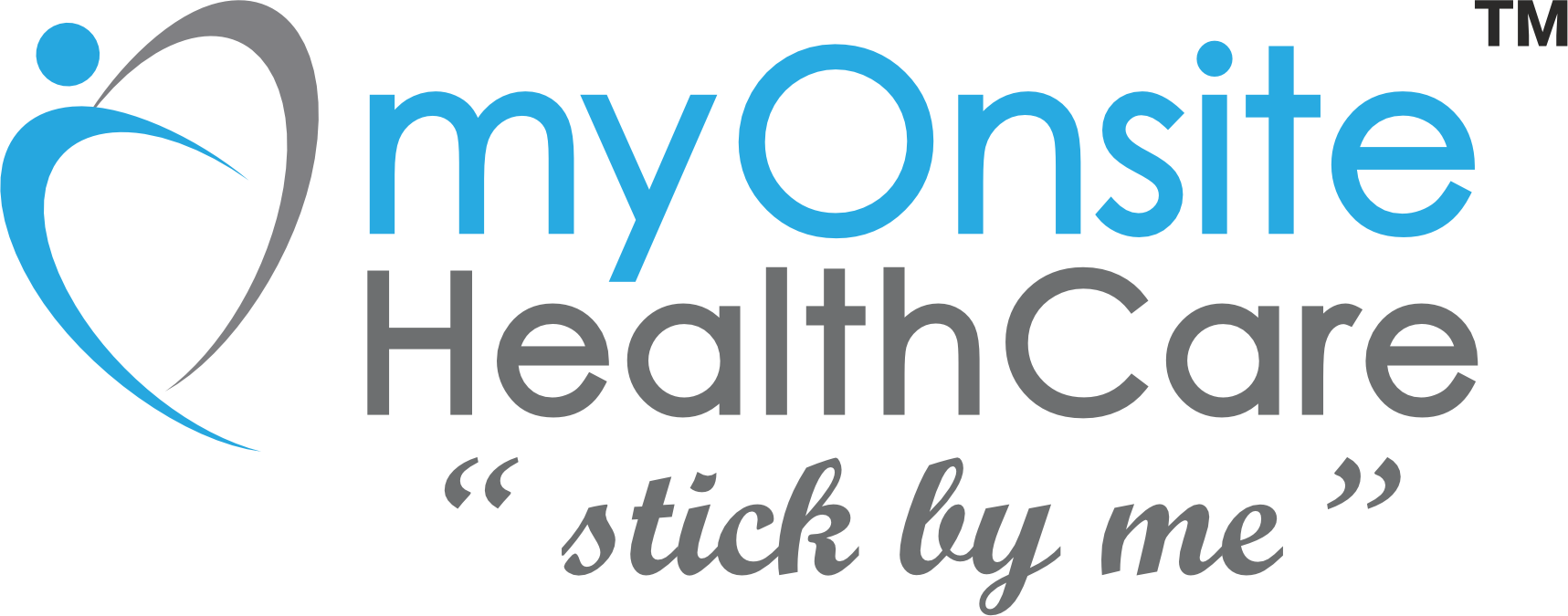Kidneys play an important role in a person’s overall well-being as they are responsible for filtering impurities, waste products, and excess water out of the blood. Kidney diseases can occur due to high blood pressure, diabetes, and a host of other chronic illnesses and fails to perform their required functions. Chronic kidney disease or CKD is a severe condition that affects around thirty-seven million individuals. If unnoticed, their symptoms become intense and can cause severe health complications, including kidney failure, leading to death.
Tips to take charge of your kidney Health
The best way to take care of your kidney health is to follow certain healthy and smart lifestyle practices, such as:
1.Regular Health Check-ups: Make sure to have annual or required health checks ups to keep track of your organ’s health and condition. To check your kidney’s health, including serum creatinine and BUN (blood urea nitrogen) tests in your health checkups. Always discuss your health and symptoms with your doctor to maintain your kidney health. Routine health checks up and doctor’s consultation will help you diagnose any illness signs and get the treatment early.
2. Take the prescribed medicine: Taking your prescribed medication is extremely important. Try to avoid too many painkillers and over-the-counter and NSAIDs like naproxen and ibuprofen as they affect the kidneys.
3. Maintain a healthy weight: Your body weight has a major impact on your overall health. The extra weight forces the kidney to work harder and filter waste beyond its normal capacity. This extra work can increase the risk of developing a kidney disease over a span of time. Discuss with your doctor or dietician a weight-loss strategy to achieve your fitness objectives and required body weight.
4. Reduce stress: Stress is almost an inevitable part of modern life, but it can cause a lot of harm to your well-being. High levels of stress or hypertension can lead to Hypertensive nephropathy, a type of kidney failure. This chronic condition is a major risk factor for end-stage kidney disease. Hence, it is good to take part in certain de-stressing activities that help keep your mind calm and relaxed.
5. Control BP: Your blood pressure should be somewhere below 140/90. It is better if it is below 130/80 if you have chronic kidney disease. High BP can damage small blood vessels present in the kidneys and cause kidney failure. Hence, controlling your BP is crucial.
6. Manage diabetes: Keep a check and meet the blood glucose requirements if you have diabetes; it may affect your kidneys in the long run. In the early stages, there may not be any symptoms. As kidney function decreases further, toxic wastes build-up, and patients often feel sick to their stomachs, throw up, lose appetites, have hiccups, and gain weight due to fluid retention. If left untreated, patients can develop heart failure and fluid in their lungs.
7. Quit smoking: If you smoke, try to quit it as soon as possible. Smoking can increase the risk of developing kidney cancers and cause damage to the blood vessels and the heart. This leads to poor blood flow to the kidneys and may cause damage.
8. Recognize symptoms: The majority of people who have early kidney disease do not show any major symptoms. By the time they appear, the kidney disease may be advanced. Keep an eye out for the common signs of kidney damage and visit a doctor as soon as you observe its indications. Common symptoms of kidney damage include:
-
- Fatigue, weakness
- Difficult, painful urination
- Foamy urine
- Pink, dark urine (blood in urine)
- Increased thirst
- Increased need to urinate (especially at night)
- Puffy eyes
- Swollen face, hands, abdomen, ankles, feet
9. Eat Right and get enough fluid: To manage CKD or maintain your kidney’s health, you might need to change your dietary habits. Work with a registered dietitian to create a good meal plan for both your health and taste buds. Here are some important dietary concerns you should keep in mind for your kidney’s health
-
- Select and eat food with less sodium and salt (soy sauce, sea salt, garlic salt, etc.) to keep your blood pressure levels in control. It’s recommended to limit sodium to less than 2,000 mg per day.
- Potassium plays many critical roles in the body as it helps your nerves and muscles work the right way. Those with kidney disease need to limit potassium to avoid dangerously high blood levels. It’s recommended to limit potassium to less than 2,000 mg per day.
- Damaged kidneys can’t remove excess phosphorus, a mineral in many foods. High levels can cause damage to the body, so dietary phosphorus is restricted to less than 800–1,000 mg per day in most patients (look for “PHOS” on the label)
- Choose healthy foods for your heart to keep fat from building up in your blood vessels, heart, and kidneys.
- Make sure to get enough fluids.
To reduce your risk of developing severe kidney diseases, follow the tips above and get a routine health checkup and your physician’s advice. myOnsite provides you with easy and hassle-free mobile phlebotomy and laboratory services in the comfort of your home to help you with your regular Lab services needs.
References:
https://www.kidney.org/kidney-topics/preventing-diabetic-kidney-disease-10-answers-to-questions
https://www.niddk.nih.gov/health-information/community-health-outreach/national-kidney-month/toolkit
https://www.niddk.nih.gov/health-information/kidney-disease/chronic-kidney-disease-ckd/managing
